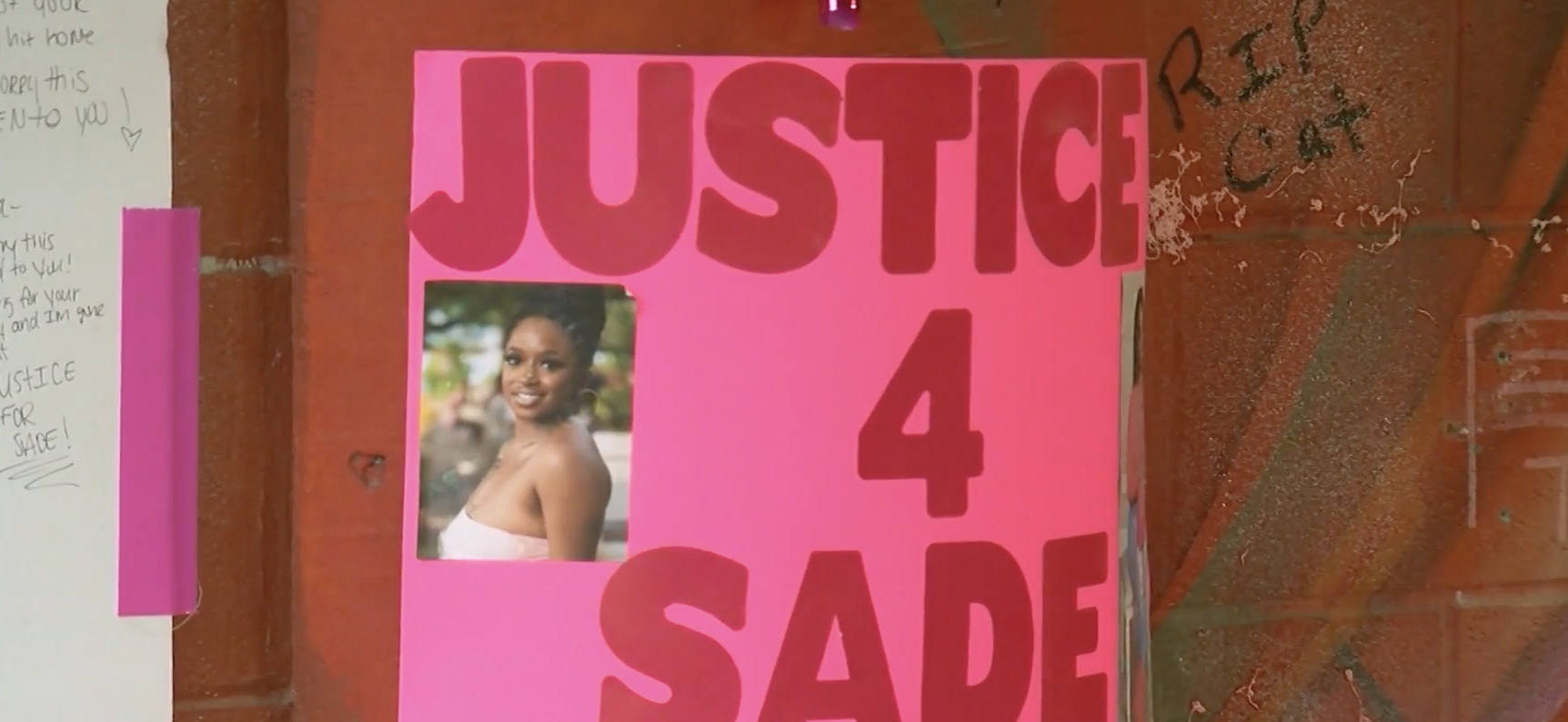One reason the California legislature gets a bad rap lies with its penchant for succumbing to the pressure of special interests.
How many times have we seen this revenues-challenged body back away from increasing taxes on tobacco, liquor, oil, candy, and other low-taxes or, even worse no taxed products?
How many times have we witnessed the legislature refuse to withdraw tax breaks from corporations and specialized industries because of the pressure from their various trade associations? Anyone who walks the halls of the legislature sees such interaction on an almost daily basis.
That's why it's a breath of fresh air when the legislature ignores private pressures in the name of the public good.
Recent foreclosure relief legislation passed by the legislature and signed by Governor Brown yesterday stands out as such an example.
Known as the Homeowner Bill of Rights, the legislation protects homeowners from aggressive bank efforts to seize their homes when the homeowner is seeking a loan modification.
The new law also requires banks to tell borrowers why they are denied a loan modification, if such rejection occurs.
U.S. & World
Simply put, the legislation attempts to bring order and clarity to the often contentious relationship between a homeowner and the lender.
The law, the first passed by any state, was inspired in part by the success of state Attorney General Kamala Harris, who successfully negotiated a major settlement from the nation's largest banks for illegal lending practices.
As with most controversial legislative proposals, the Homeowners Bill of Rights proposal had its detractors.
The banks and California Chamber of Commerce fought the proposal vigorously, contending that it would produce unwarranted lawsuits and bring added costs to the foreclosure process--costs that would be passed on to other lenders in the form of higher fees.
But on this occasion, the private interests would not prevail. Banks are not exactly held high in public esteem these days, which may have given the legislature some cover in enacting the new law.
For those who believe there's not a dime's worth of difference between the two major political parties, it's interesting to note that the two bills (AB 278 and SB 900) passed their respective houses on strict party line.
The only minor exception came with San Diego Republican-turned-Independent Assemblyman Nathan Fletcher, who joined the Democrats.
So for once, score one for David beating Goliath. Enjoy the moment for who knows when we'll see it again.
Larry Gerston teaches political science at San Jose State University and is the political analyst for NBC Bay Area.
Send us your thoughts via Twitter @PropZero or add your comment to our Facebook page.



